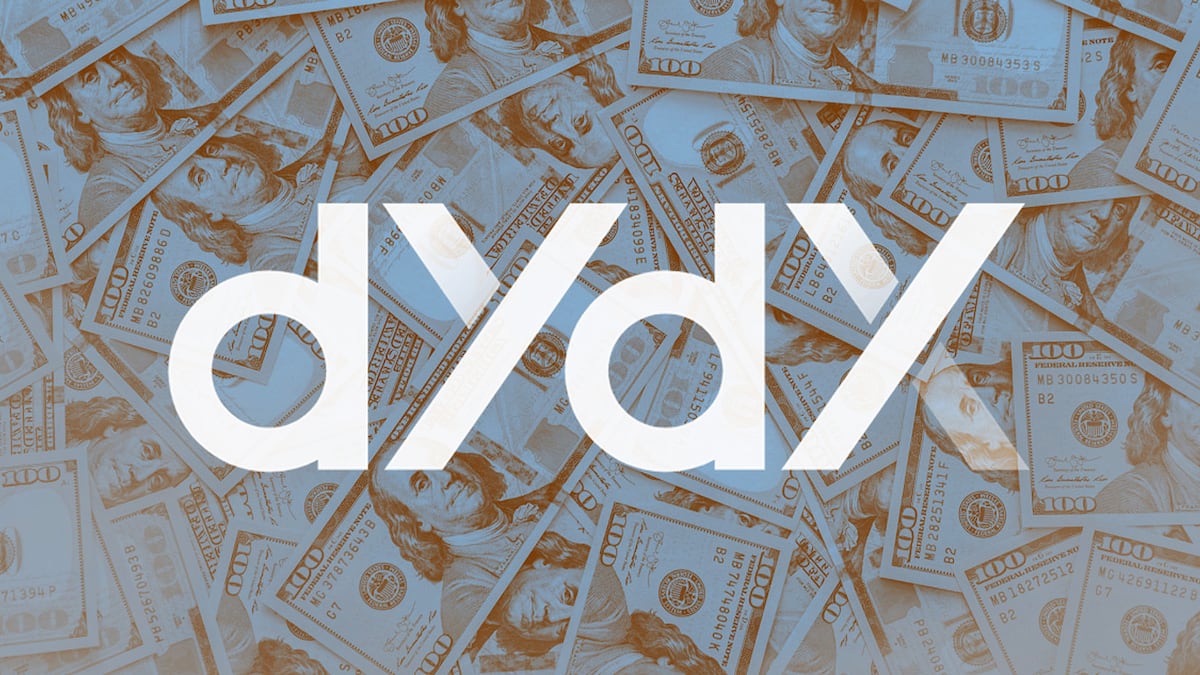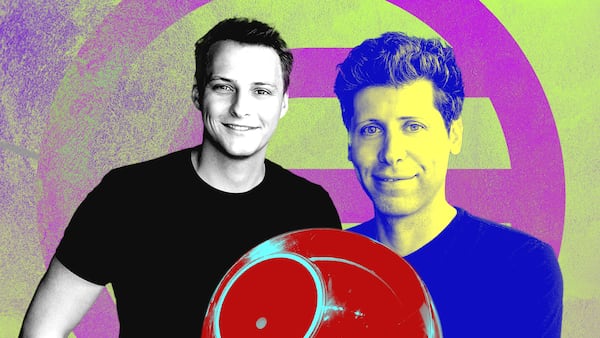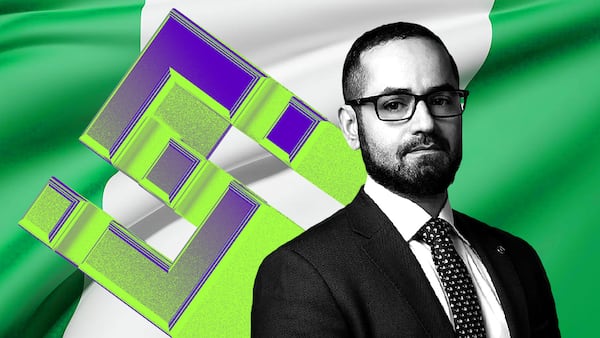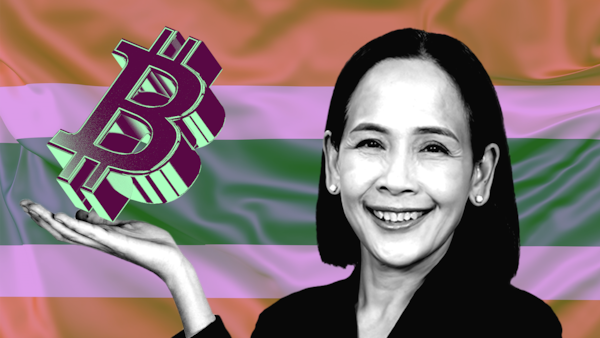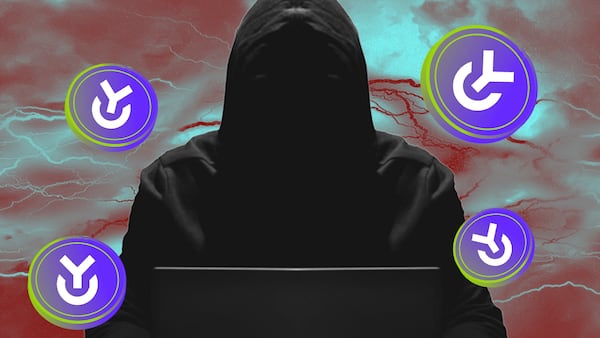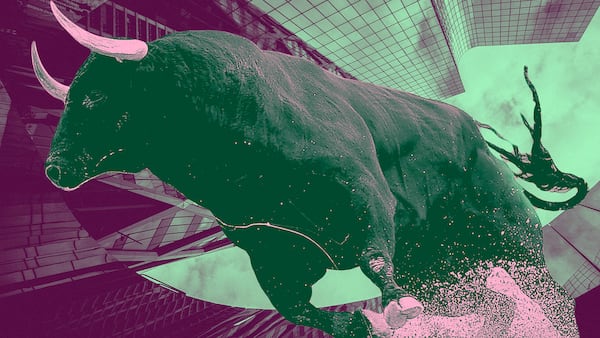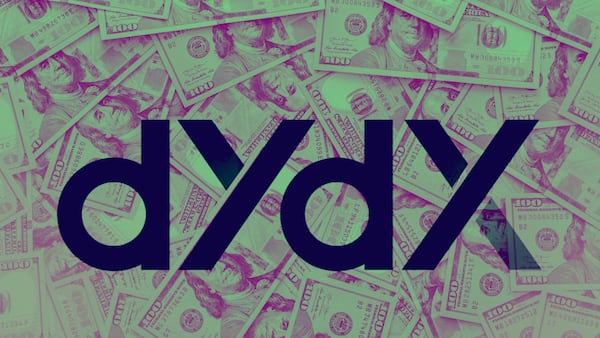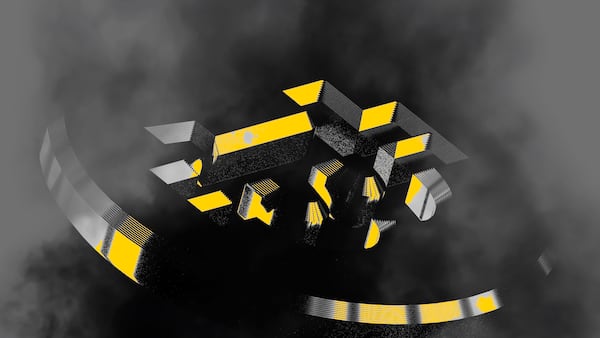- DYdX stakers are cashing in on trading fees during the crypto rally.
- DeFi exchange launched a network for traders playing BTC and ETH.
- Uniswap is eyeing a similar staking model.
With Bitcoin hitting new highs on a weekly basis, dYdX stakers are earning hundreds of thousands of dollars in trading fees.
Stakers on the decentralised perpetual exchange earned an aggregate of $460,000 on March 5, the first time Bitcoin broke past its previous record high of $69,000.
In the last 30 days, all dYdX stakers have earned a total of $5 million, according to data from Mintscan. The fees were paid out in USDC, Circle’s US dollar-pegged stablecoin.
Tristan Dickinson, a dYdX Foundation spokesman, told DL News that the project hosted $41 billion in trading volume across the dYdX chain and dYdX v3 in the past three weeks.
During that same period, Bitcoin and Ethereum have soared 51% and 60%, respectively.
Trading pairs
And with crypto markets showing no signs of slowing down, these fees for stakers are expected to keep growing.
DYdX typically handles around $1 billion in trading volume daily across 54 different trading pairs, according to CoinGecko.
Due to the design of dYdX’s new bespoke blockchain network, 100% of protocol fees from the dYdX chain go to dYdX chain stakers, Dickinson said.
Launched in 2017 on the Ethereum blockchain, dYdX rapidly grew in popularity but eventually ran into the network’s limitations.
Trading cryptocurrencies on Ethereum is often too expensive and slow to compete with centralised exchanges like Binance or Coinbase.
To meet demand, dYdX launched an independent chain in November using tools from another blockchain network called Cosmos.
Validators
Now, dYdX has native staking and its own group of validators — the machines that help verify crypto transactions. Users can stake the network’s native dYdX token with any validator.
The project is maintained by four entities: the dYdX Foundation, dYdX Trading Inc., the dYdX grants subDAO, and the dYdX operations subDAO.
A DAO, or a decentralised autonomous organisation, is an online group of token holders that can vote and make proposals to change a crypto protocol or approve grants.
With trading fees now distributed entirely to stakers, these four entities are funded by making proposals to their community and then, if those proposals pass, drawing from the community treasury.
Dickinson explained that the $230 million treasury was accumulated with fees from previous versions of dYdX. The dYdX community approved a $30 million grant to the foundation in February.
“We’re moving into this area model where eventually it’s going to be completely community-controlled and governed, and the funding comes from the treasury,” Dickinson said.
Stakers eye decentralised exchanges
Another decentralised exchange mulling a similar model is Uniswap.
Calling its version of the model the “fee switch,” the Uniswap community has waffled over whether holders of its native UNI token should also be allowed a slice of the platform’s trading fees.
The initial temperature check proposal passed nearly unanimously last week, moving it to the next stage of the governance process. Temperature checks are Uniswap’s first step in weighing community sentiment before making any sweeping changes.
With daily trading volumes over $3 billion and nearly $1.5 billion in accrued fees, flipping that switch would undoubtedly benefit UNI token holders.
Correction: This story was updated on March 13 to correct an inaccurate trading volume figure provided by dYdX.
Liam Kelly is DL News’ Berlin correspondent. Contact him at liam@dlnews.com.


